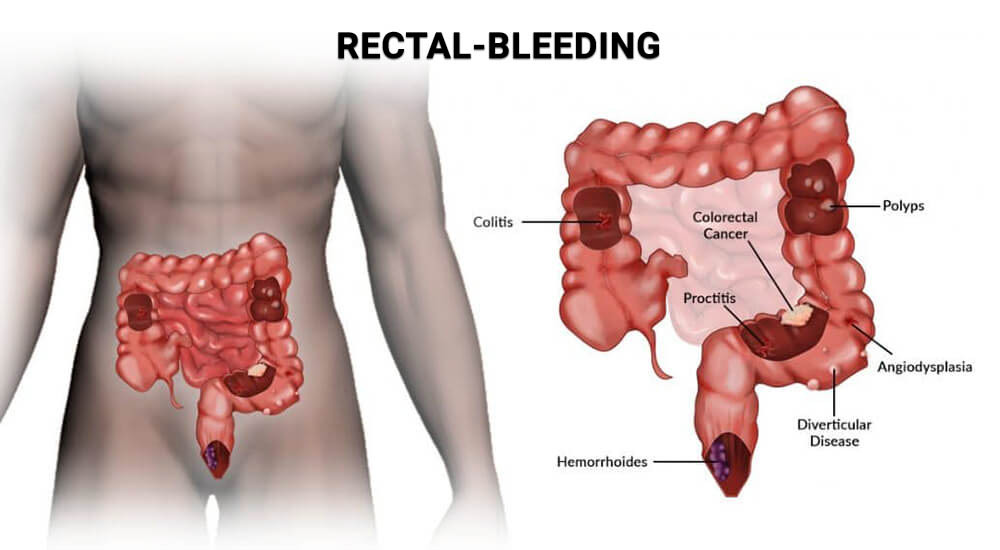
The first step in determining the cause of rectal bleeding is to conduct a comprehensive history and physical exam. Direct questions about the amount, frequency, and passage of clots should be asked. Associated symptoms, such as anal pain, should also be discussed. Despite the fact that some causes of rectal bleeding can be life-threatening, they are generally not dangerous. In general, the causes of rectal bleed are hemorrhoids and anal fissures.
Patients should undergo a complete blood count if they experience rectal bleeding. A complete blood count will help your physician decide the type and extent of the bleed and suggest a treatment plan. Additional important laboratory tests can also be performed, such as a hemoglobin level. If the bleeding is severe, a cross-match test may be necessary. The patient should undergo a colonoscopy if the blood is dark red or contains tarry stools.
If rectal bleeding occurs, a blood test should be ordered. This will determine how much bleeding is and help your doctor decide what to do. Other important laboratory tests will evaluate bleeding tendency. If the bleeding is severe or chronic, a blood transfusion will be required. A cross-compatibility test can also be performed to maintain normal hemoglobin levels. Endoscopy is the gold standard for investigating the causes of rectal bleeding. This should be done in patients 40 years of age or older.
Site https://sagg2019.com/ says that in addition to constipation, rectal bleeding can be caused by hemophilia, vitamin K deficiency, and low platelet counts. It can also be the result of damage to the upper gastrointestinal tract. If the blood is black or tarry, this may indicate an underlying disease or the presence of a foreign body. However, if it is dark red, it may be the result of bleeding in the small or early colon.

A complete blood count is recommended when a patient has rectal bleeding. This will help determine the severity of the bleeding and help your doctor decide how to treat it. In severe cases, bleeding can be so severe that it is difficult to maintain healthy hemoglobin levels. For better care, the doctor will be able to assess the cause of the bleeding. Blood in the rectal area may be a sign of cancer, and if so, the patient should undergo an endoscopy.
Depending on the cause, there are several treatment options available. A complete blood count is required to determine the presence and extent of blood in the bowel. If bleeding has occurred recently, it is best to visit the physician immediately. The doctor will then examine the patient to confirm the diagnosis. The results of the test may lead to a diagnosis of rectal bleeds. Ultimately, the cause of the bleeding is determined by the interprofessional team.
During the course of a rectal bleeding episode, the health care team must work to determine the underlying cause. Typically, bleeding occurs from the lower gastrointestinal tract and the proximal portion of the urinary tract. This is why it is important to determine the cause of bleeding. A physician can accurately diagnose the cause of the bleeding by reviewing the symptoms of the patient and their medical history. A specialist can also assess whether a patient has a family history of the problem or not.
Depending on the cause of the bleeding, a complete blood count should be ordered. This test can determine the severity of the bleeding and help direct management. Other important lab tests can help determine the causes of rectal bleeding. For instance, a blood transfusion can help a patient avoid surgery or the need for surgery. The transfusion of fluid to the rectal region is an essential part of the treatment of rectal bleeding.
The duration of bleeding is also important. A patient who has bleeding for more than a week or two months may require further investigation to confirm the cause. The American Society for Gastrointestinal Endoscopy (ASGE) recommends x-rays and colonoscopy. Some studies have shown that prolonged bleeding may indicate a lower risk of cancer, particularly in people over 50. If the duration is short, it is unlikely to warrant surgical intervention.
